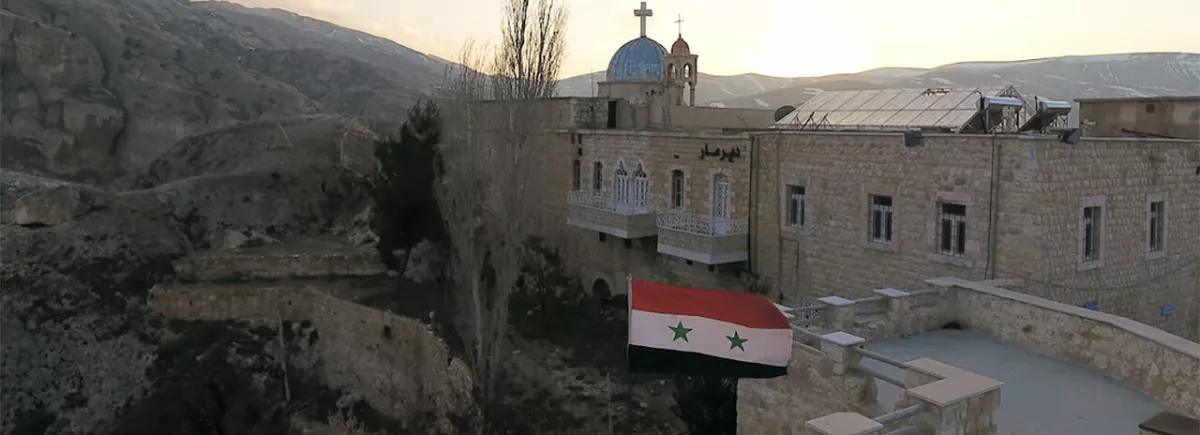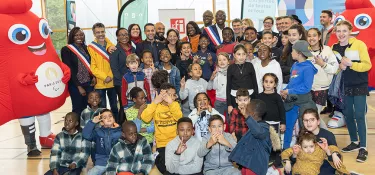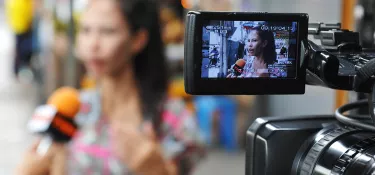
Perspectives on cultural and religious diversity in Syria
Related project
NaseejDiscover the synthesis of a study, conducted in 2017, of media coverage of diversity related issues in the Iraqi, Lebanese and Syrian media.
This study draws up an appraisal of how diversity-related issues are currently being dealt with in the Lebanese, Iraqi and Syrian media.
It was launched by CFI and the SKeyes Center for Media and Cultural Freedom (run by the Samir Kassir Foundation), as part of the Naseej project – 'Naseej' meaning 'weaving' in Arabic – which calls on the media to restore and maintain a balanced and peaceful debate focusing on these issues.
Over a two weeks period, researchers identified the articles and reports dealing directly or indirectly with this subject, analysing their size and frequency, and ranking the various media groups in terms of how often they focus on the subject.
They examined the terminology, semantic field, cultural references and stereotypes, assessing whether – in the same media outlet – the subject is dealt with differently depending on the pages and departments.
Synthesis of the results of this study for Syria.
Findings
The situation that has prevailed for years in Syria makes it easy to understand the degree of tension reflected in the articles and reports covering the situation in the country. It is the media's duty to demonstrate professionalism and intellectual honesty when conveying information, even if the content is, in some way, negative. However, the media concerned ought to strive, through their editorial policy, to add greater explanation and details to their articles and reports, with a view to contributing towards the conveying of information that is more comprehensive and more objective. The media ought also to point out methodological errors in the choice of certain terms used in any statements that they publish. Actually, they should not content themselves with simply reporting these statements as they stand, just because that is how they were worded by the sources.
Even under the most difficult conditions, it is still possible, despite everything, to record positive developments regarding the scene in Syria, because they also form part of the reality.
This task seems hard because of the countless events the media must cover, but reality ought not to negate the media's responsibility to try to show a different reality that might be a better reflection of the various elements of the Syrian population.
Recommandations
It is also essential to end up with clear criteria for opinion pieces that are published, to prevent the dissemination of hate speech and incitement of violence under the cover of freedom of expression, and to avoid a systematic contradiction within each media outlet, between reports and investigations written in a professional manner, and opinion pieces heading in the opposite direction. This is about defending the integrity and credibility of the Syrian media.
Similarly, special treatment is called for when dealing with official statements and communiqués from key figures and from political or military groups, when they use discriminatory expressions and lapse into stereotypes. A media outlet can avoid appearing to promote such messages by putting the controversial expressions in inverted commas or by indicating that they are not representative of the media outlet's own opinion, or by comparing these statements with those from other sources.
The adoption by each media outlet's editorial board of their own lexicon helps to clarify what can be used, guard against hate speech and reinforce the transparency of the editorial line. International expertise exists in this field to provide the required training and support.
Find all articles of the
contest Naseej in the booklet What does the future hold for minorities in the Middle East?


